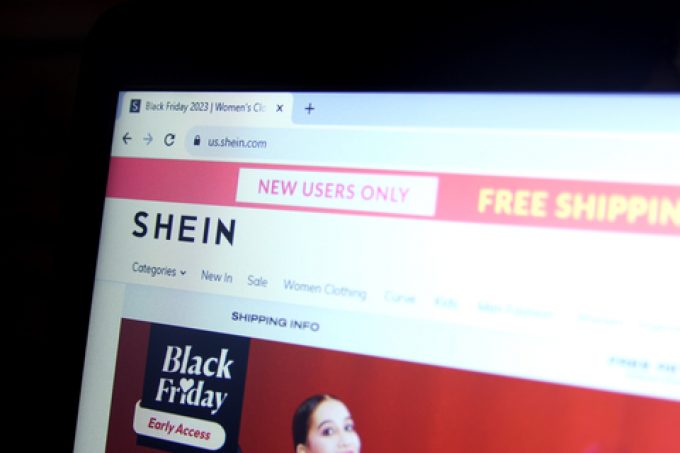Fast fashion: the price we pay for our designs on low costs
The Loadstar is running a series of reports on the ecommerce sector, which has been ...

The Loadstar has launched a series of reports on the ecommerce sector, which has been driving growth in air cargo. But are there clouds on the horizon that should worry air cargo stakeholders in particular? Chinese ecommerce merchants are concerned…
Chinese ecommerce sellers are fearful of restrictions being placed on platforms such as Temu, Shein and TikTok – but have seen profit margins from the more ‘stable’ Amazon significantly reduced.
Smaller merchants are also irritated by the large platforms driving up airfreight rates, according to a Shanghai-based ecommerce logistics manager.
WorldACD reported a 2% to 3% rise in average global air cargo rates in the past six weeks. The Chinese logistics manager said this was an “unusual phenomenon” this year, as air freight costs failed to drop after the Chinese New Year holiday.
“It’s because of platforms like TikTok and Temu,” she said. “These platforms have become very popular overseas. They all have chartered flights for their deliveries.”
According to data from Cargo Facts Consulting, leading Chinese ecommerce platforms like Temu, Shein, Alibaba and TikTok together ship more than 10,000 tonnes a day, which equates to 108 Boeing 777 freighters.
“They operate on a much larger scale than we do,” said the manager. “We can’t order charter flights, so we can’t compete with them. There’s much less cargo space left for us, so prices are increasing each week,” she explained.
For some of her clients, moving from traditional ecommerce platforms like Amazon to these new Chinese platforms is a “logical choice”. Aside from the fierce competition, “Amazon is becoming less friendly to sellers”, she said, with a new inbound placement service fee and a low inventory fee for sellers.
The logistics manager said this series of new fees was “not very seller-friendly”, because “they’ve never implemented this before and now they want to charge sellers more and more, especially when the company is already making huge profits from sellers in recent years”.
However, switching to these rising Chinese ultra-fast fashion companies may not be the once-and-for-all solution vendors had hoped for, as growing international concerns over data risks, ethical standards and taxation problems are putting the futures of Chinese-owned online retailers in question.
South Korea and the US have launched investigations into counterfeit products and the trade loophole associated with major Chinese ecommerce platforms, like AliExpress and Temu, while France passed a bill to penalise ultra-fast fashion brands last month. Lawmakers and consumer groups worldwide are pushing for tighter regulations, or possible sanctions on Chinese online retailers.
While the manager did not believe the scrutiny “is necessarily discrimination against Chinese ecommerce platforms, but an approach to make sure all products imported are legal and up to standard in each respective country”, she thinks sellers now have a decision to make.
“A lot of the [sellers] are concerned. Even though the profit margin at Amazon has been lower than ever, it has always been a relatively stable platform that sellers can trust. But with platforms like TikTok and Temu, it can be very risky. With the mounting pressure on governments to penalise or even close them, many vendors are afraid of relying 100% on those platforms,” she said.
Comment on this article